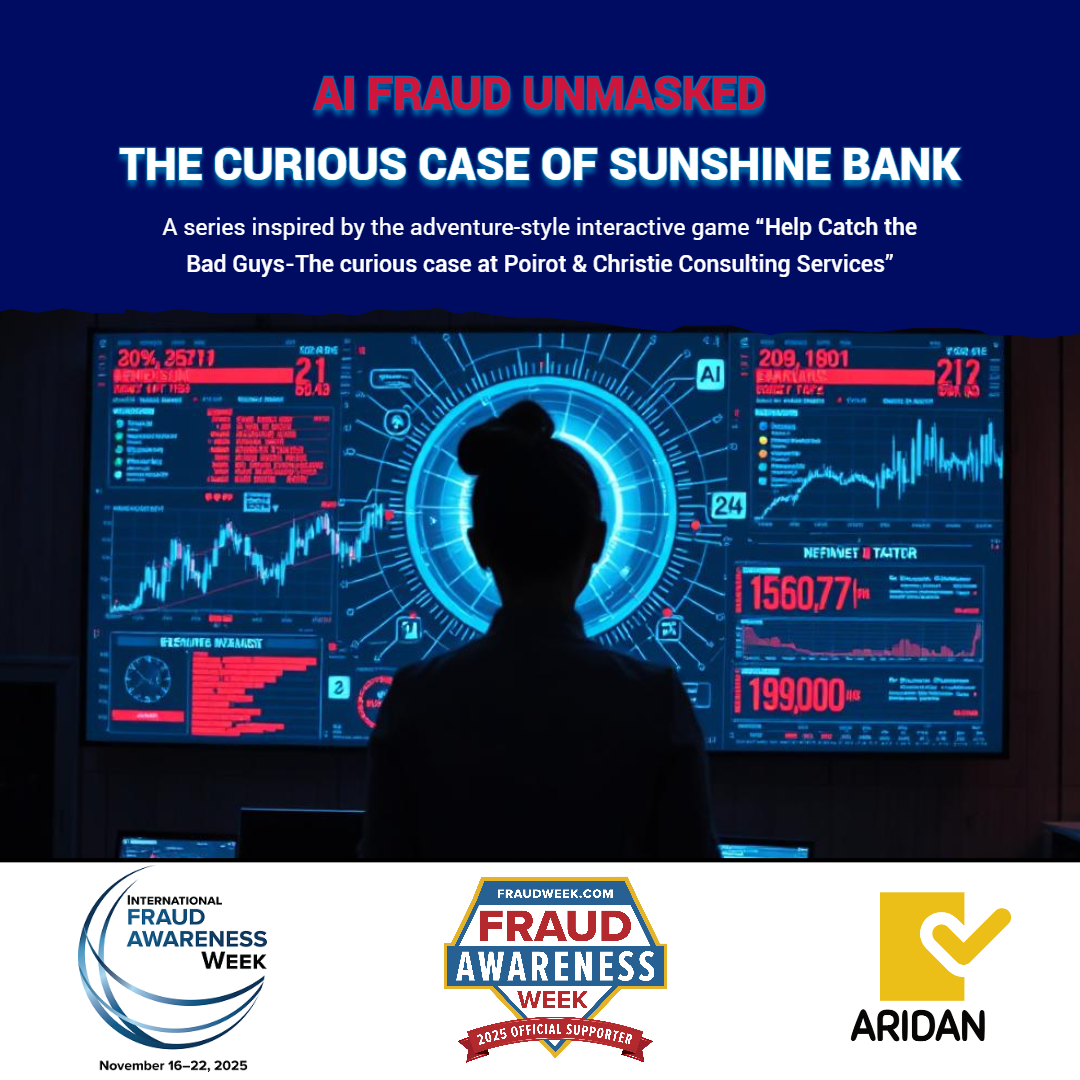Within the framework of government policy, the approval of financial statements stands as an overarching goal of paramount importance.
This statement serve as a cornerstone for assessing the effectiveness of financial management practices, not only affirming the soundness of fiscal decisions but also reflecting the integrity of policy implementation. Financial controllers assume a pivotal role in upholding compliance and transparency in this context.
MULTIFACETED ROLE
A financial controller is a senior-level manager who oversees a business’s day-to-day financial operations. Controllers are mostly involved in detailed accounting tasks (that are beyond the skills of the bookkeepers), project management, technology, insurance, and compliance functions. A financial controller’s mindset is geared toward accuracy, stewardship, policy, and ethics.
Deloitte Development LLC outlines four primary roles a controller takes: stewardship, operator, catalyst, and strategy.
- Steward: Protects and conserves the organization’s resources and accurately reports on its financial position.
- Operator: Manages the finances of the organization efficiently.
- Catalyst: Provides the right information at the right time to support business execution.
- Strategist: Supports executives in moving the organization toward its mission and goals with financial information and analysis.
As financial controllers within governmental frameworks, individuals bear a multifaceted responsibility in attaining the sought-after approval for financial statements. Central to this role lies the meticulous evaluation of financing requests in alignment with relevant legislative frameworks.
This entails the duty to ensure adherence to accountable laws while offering informed guidance on potential financial risks.
Collaborating with the Ministry of Finance’s budget inspector further enhances this advisory role, steering the management team towards prudent fiscal strategies. Embedded within this mandate is a series of tasks and responsibilities that underscore the breadth and depth of the financial controller’s role.
VIGILANT OVERSIGHT OF BUDGETS
First and foremost, active engagement in dialogues with executives concerning expenditure is essential. This not only fosters a comprehensive understanding of financial dynamics but also ensures vigilant oversight of budgets. Acting as payment authorizers solidifies this oversight role, bolstering accountability in financial transactions.
PROPOSING STRATEGIES FOR INTERNAL CONTROL AND PROCESS OPTIMIZATION
Additionally, proposing organizational frameworks for internal control serves as a proactive measure toward ensuring operational efficacy. By delineating clear structures for activities and processes, financial controllers mitigate the risks of mismanagement and malfeasance. This includes the evaluation and optimization of processes to enhance efficiency and minimize waste.
Moreover, financial controllers are tasked with formulating strategies to streamline business operations and achieve cost efficiencies. This dual focus on effectiveness and economy underscores the commitment to prudent resource allocation, encompassing budgeting and financial planning.
In addition to proposing strategies, financial controllers provide ongoing counsel aimed at optimizing business operations and driving cost-saving initiatives. This advisory role extends to drafting concept opinions pertinent to authorization requests, ensuring alignment with organizational objectives and legislative mandates.
ACCURACY AND COMPLETENESS
Of utmost importance is ensuring the accuracy and completeness of income reporting. By meticulously scrutinizing financial data, financial controllers uphold transparency and accuracy, crucial components of public trust.
Collaborating with the Financial Department in drafting the annual budget underscores the collaborative nature of this role. Offering expertise and guidance, financial controllers contribute to the formulation of fiscal plans aligned with organizational objectives and fiscal realities.
ACCOUNTABILITY
Supervision of financial staff within the Ministry reflects the leadership inherent in the financial controller’s role, fostering a culture of excellence and accountability. Additionally, serving as a liaison for external audits underscores a commitment to transparency and accountability, signaling adherence to rigorous oversight and regulatory standards.
THE TEAM OF CONTROLLERS
The significance of a cohesive team of financial controllers cannot be overstated, particularly in governmental structures where intricate financial systems and stringent regulations prevail. Here are several key reasons why teamwork among financial controllers is critical:
- Synergy in Decision-Making: Collaborative decision-making allows for the pooling of diverse expertise, perspectives, and insights, enhancing the quality of strategic decisions aligned with organizational goals and regulatory requirements.
- Risk Mitigation: Working in tandem enables financial controllers to identify and mitigate risks effectively, develop contingency plans, and implement robust internal controls to safeguard financial assets and uphold compliance standards.
- Efficient Resource Allocation: Collaboration optimizes resource allocation across departments or projects, ensuring funds are allocated judiciously, investments are prioritized, and financial resources are maximized.
- Continuous Improvement: Collaboration fosters a culture of continuous improvement, enabling financial controllers to exchange best practices, implement lessons learned, and enhance efficiency, effectiveness, and innovation in financial management practices.
- Enhanced Communication: Effective communication channels ensure seamless coordination and alignment of financial activities across departments and hierarchical levels.
- Adaptability and Flexibility: Teamwork enables financial controllers to adapt quickly to changes in regulations, market conditions, and organizational priorities, responding nimbly to challenges and capitalizing on opportunities.
- Building Resilience: A united team of financial controllers builds resilience against adversities, maintaining financial stability and upholding public trust in governmental financial management practices.
- Professional Development: Collaborative teamwork provides opportunities for professional growth and skill enhancement, expanding individual and collective capabilities.
In essence, a cohesive team of financial controllers serves as the backbone of effective financial management within governmental structures. By working together harmoniously, they navigate complexities, mitigate risks, optimize resources, and drive sustainable financial performance, ultimately contributing to organizational objectives and public expectations.

FINAL THOUGHTS
The role of financial controllers within governmental structures is multifaceted and pivotal in ensuring accountability, transparency, and fiscal prudence. Upholding the highest standards of financial management, these professionals safeguard public trust and advance organizational objectives.
In reality, assuming the mantle of this role presents a formidable challenge, demanding unwavering integrity to uphold the fabric of rules and regulations while also necessitating an incessant pursuit of staying up to date with cutting-edge advancements and new methodologies. This endeavor demands not only steadfast adherence to ethical standards but also a keen sense of adaptability and a relentless commitment to professional growth.








